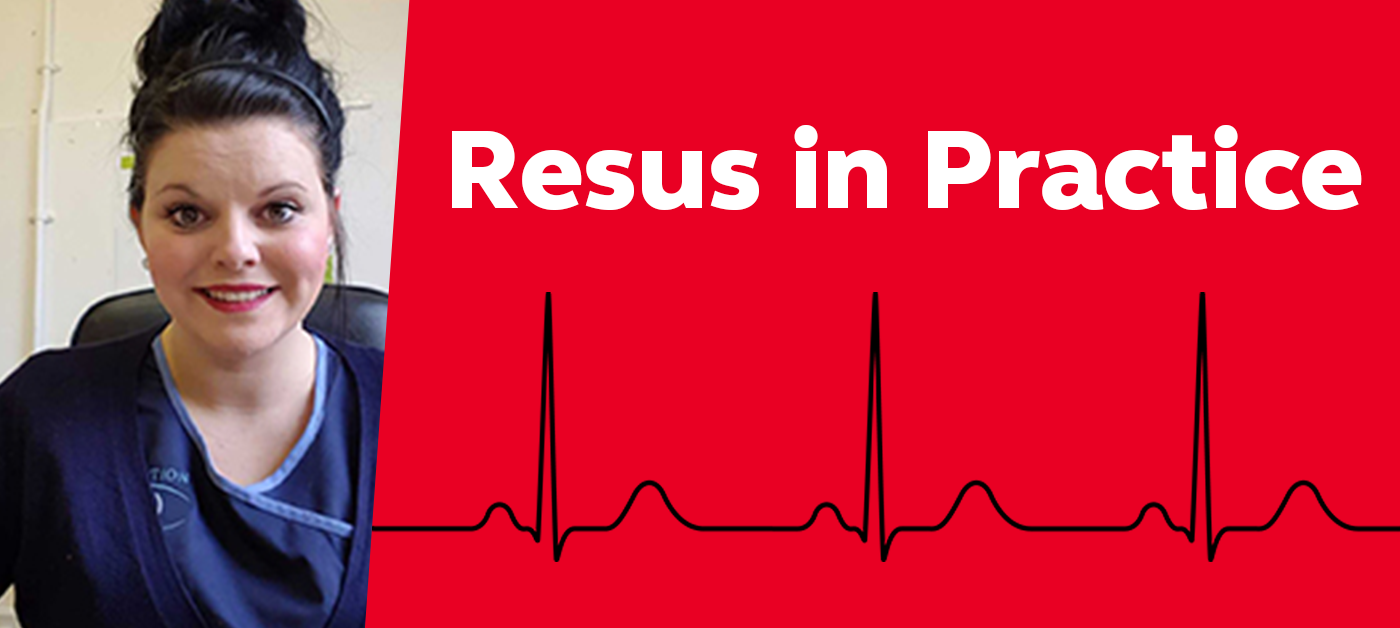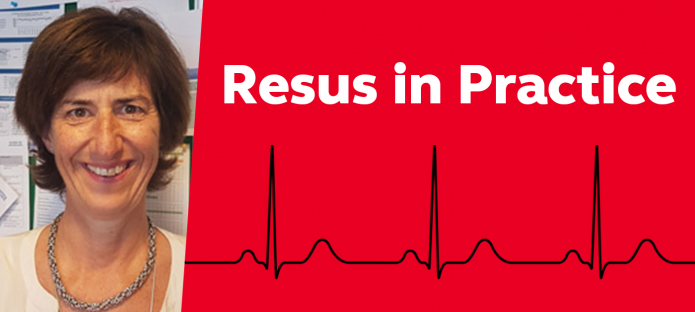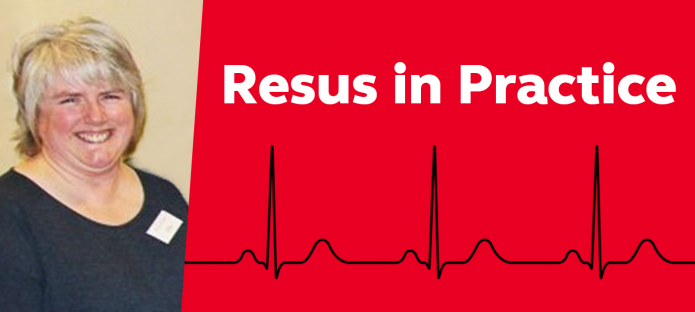It’s been a big year for Lisa Price. She’s been the Clinical Lead for Resuscitation at Aintree University Hospital NHS Foundation Trust in Liverpool for a year now - and is learning and putting resuscitation training into practice every day. Lisa’s job encompasses responsibility for resuscitation training and governance within the Trust in addition to contributing to the wider educational requirements of the staff at Aintree.
Lisa spends her day working within the Clinical Education Team to ensure the smooth running and high-quality training of staff at Aintree. They frequently run ALS and ILS courses and when these courses run, she is usually the Course Director or an Instructor on the course.
She also runs other courses, including the European Trauma Course. As her trust is a participant of the National Cardiac Arrest Audit (NCAA), she regularly receives and inputs Aintree’s cardiac arrest data, which she then analyses and presents at their Resuscitation Group meetings. There are also rare occasions on which she teaches sessions for Clinical Skills and Simulation which, she says, helps to keep her on her toes!
At Aintree, Lisa works in a structure that has a ‘Medical Emergency Team’ (MET). This is similar to any cardiac arrest team, but this MET team responds to all unwell patients and frequently attends deteriorating patients. This system allows them to intervene and assist patient care in order to prevent cardiac arrest - something which they can see having an impact in their NCAA data.
Usually, the medical registrar would lead resuscitation attempts, but the vast majority of the MET team members are ALS providers and therefore work well as a team in whichever role that is required of them. Aintree are also currently trialling the use of role badges to pre-determine which role the staff will take during a cardiac arrest. At the beginning of every shift on MAU, each staff member is given a badge which dictates which role they should perform until the MET arrive. This helps to utilise staff skills in the best way possible and is a good example of quality improvement at Aintree.
“Mandatory training compliance is important to us here at Aintree” says Lisa. “It helps to keep our staff and patients safe.” In order to improve staff compliance with BLS, they recently introduced ‘levels’ of BLS based on job role. Each level dictates what training is required for each job role and this can vary from an awareness to full practical and defibrillation use. To make the training easily accessible, they also run BLS approximately six days per month with hourly sessions all day - a massive 49 sessions per month! This enables them to train a high volume of staff and ultimately improves patient care.
There’s a lot to love in Lisa’s job, but she particularly enjoys teaching on Generic Instructor Courses in Aintree and around the North West. Says Lisa, “I personally feel that the GIC was one of my most developmental courses to date, as it allowed me to understand teaching theory and apply it not only to my own practice, but it also enabled me to teach it to others.”
Through the two days teaching on the GIC, she enjoys seeing a Candidate’s confidence and knowledge grow, which they then impart through their own teaching.
But it’s not just in hospitals that Lisa and Aintree are spreading resuscitation knowledge - they are very happy to help their local community and have previously taught basic life support to school children in the surrounding schools. They also frequently take part in local showcases where they set up a resuscitation stall and invite children to come and practice BLS, hoping that one day these children will become their colleagues! The Clinical Education department are keen to improve their links with the local community and we hope that becoming involved with initiatives such as GoodSAM will help them to achieve that.


